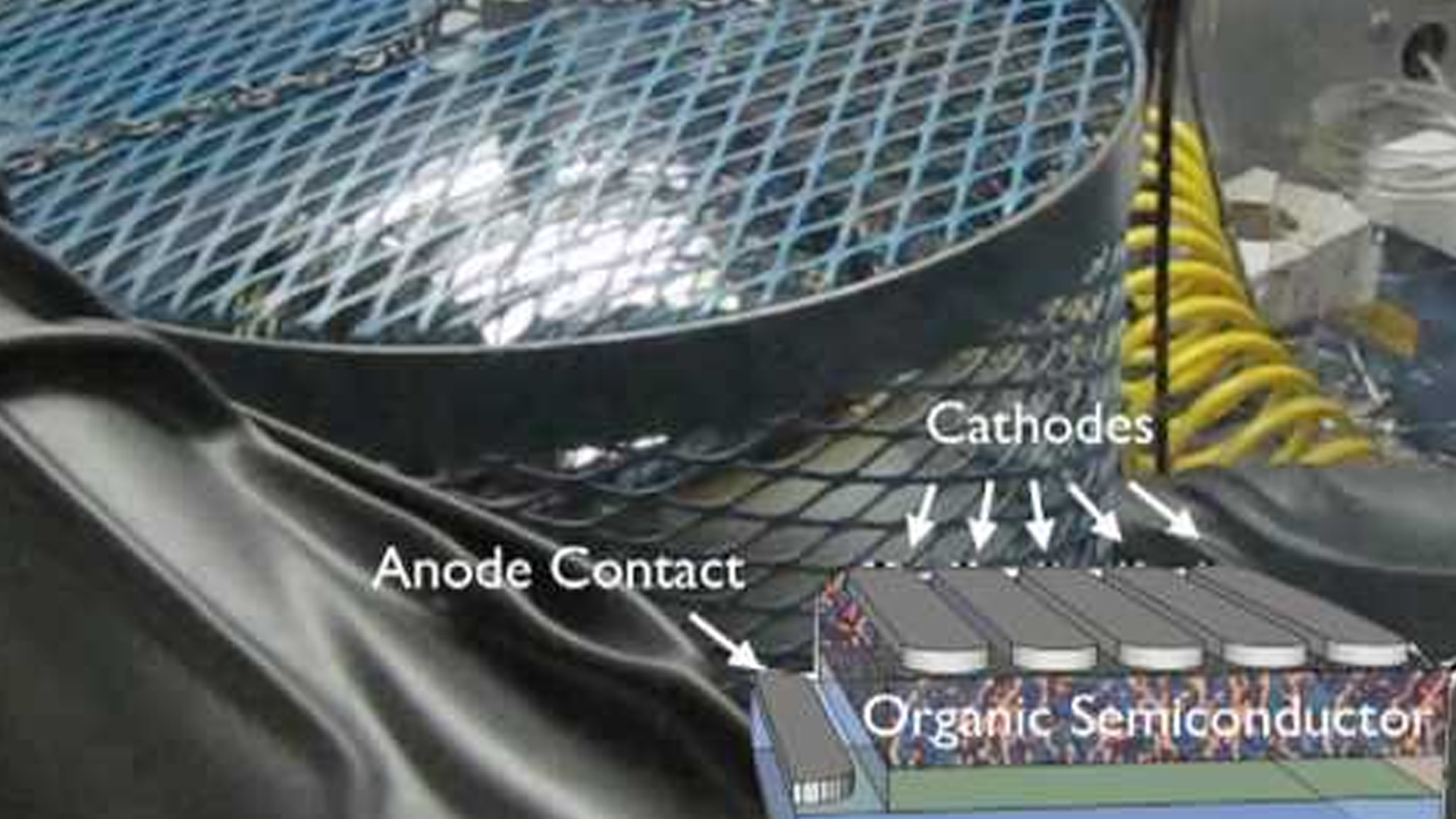Sunny Anganwadi
Dow Corning has announced the opening of an anganwadi (daycare centre) in the Indian village of Karde that features a 28-panel solar power system. This system generates enough electricity for cooling fans and proper lighting for the anganwadi and an adjacent school that previously had no power. In addition, Dow Corning arranged to have five solar powered street lights installed to make the village safer for students and residents.
“In the discussions about solar energy, it's too easy to forget that what we are really talking about is changing people's lives. Education, safety - that's what the solar story is about in the village of Karde,” said Jean-Paul Mollie, Dow Corning's region president for India, South Asia, Middle East and Africa. “The solar power system will provide free, clean solar energy and create an environment far more conducive to learning. We can help these students reach their full potential in the classroom; we can help them create a brighter future.”
Approximately 45 children will attend the anganwadi; more than 100 students attend the school. Tata BP Solar, a local manufacturer of solar systems and a Dow Corning customer, manufactured and installed the system. The solar panels contain silicon-based materials developed and manufactured by Dow Corning.
“This is a great example of the power of silicone chemistry to enhance lives around the world,” said Eric Peeters, Dow Corning's global executive director for the solar market business unit. “Silicon-based materials play a key role in producing solar devices that perform well for decades, even with exposure to extreme conditions. For the children of Karde, that means a better chance to fulfil their dreams, having electricity in the classroom and daycare centre and safer streets for years to come.”
Dow Corning's long-term commitment to sustainability and to providing solutions along the entire solar value chain is demonstrated by the more than $5 billion in investments it has announced over the past five years. Those investments include working to expand polycrystalline silicon capacity by 90 percent within the next four years; construction of its first facility to produce high purity monosilanes - the key raw material used in the production of thin-film solar cells and liquid crystal displays; and the opening of a Solar Solutions Application Centre in Michigan and announcement of a second centre in Korea at which it works with customers to develop, evaluate, and pilot materials and solutions used to manufacture solar panels.





























